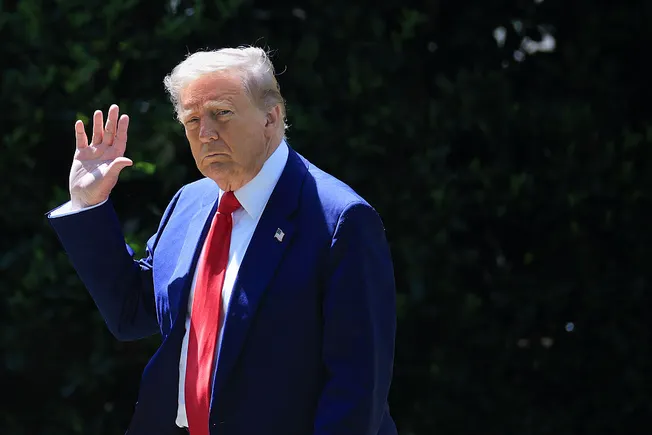TL;DR Summary of Trump Halts Trade Talks with Canada Over Digital Services Tax Targeting Meta
Optimixed’s Overview: How U.S.-Canada Trade Tensions Over Tech Taxes Reflect Larger Global Challenges for American Tech Giants
Background on the Digital Services Tax and Meta’s Response
In 2023, Canada introduced the Online News Act to require tech platforms like Meta and Google to pay Canadian news publishers for shared content. Meta opposed the bill and subsequently blocked Canadian news outlets from its apps, effectively avoiding these payments. Subsequently, Canada implemented a Digital Services Tax (DST) that imposes a 3% tax on digital revenues over $20 million, targeting companies like Meta regardless of news content use.
Trump’s Reaction and Trade Implications
- President Trump announced the immediate termination of all trade talks with Canada, citing the DST as a “direct and blatant attack” on U.S. technology companies.
- Trump highlighted existing Canadian tariffs on U.S. farmers and promised retaliatory tariffs on Canadian imports within seven days.
- This escalation adds to ongoing trade tensions and may have limited effect on Canada’s stance but signals strong U.S. political support for domestic tech companies.
Meta’s Strategic Alignment with the Trump Administration
Meta CEO Mark Zuckerberg has sought closer ties with the Trump administration to counteract international regulations and penalties. The company faces significant fines and regulatory hurdles, particularly in the European Union:
- The EU has fined Meta approximately $1 billion annually under the Digital Services Act.
- Zuckerberg criticizes these penalties as akin to tariffs on American tech, urging U.S. government intervention.
- The U.S. government, including figures like FCC Chairman and Vice President JD Vance, has voiced opposition to the EU’s regulatory approach.
Looking Ahead: The Global Regulatory Landscape for U.S. Tech Firms
While Canada is a secondary battleground, the broader issue is international regulatory pressure from Europe and other regions. Meta’s hope is that stronger U.S. government pushback will mitigate fines and restrictive policies abroad. However, whether Trump or the current U.S. administration will escalate actions against the EU remains uncertain. This evolving dynamic underscores the complex interplay between technology companies, national governments, and international trade policies in the digital age.
